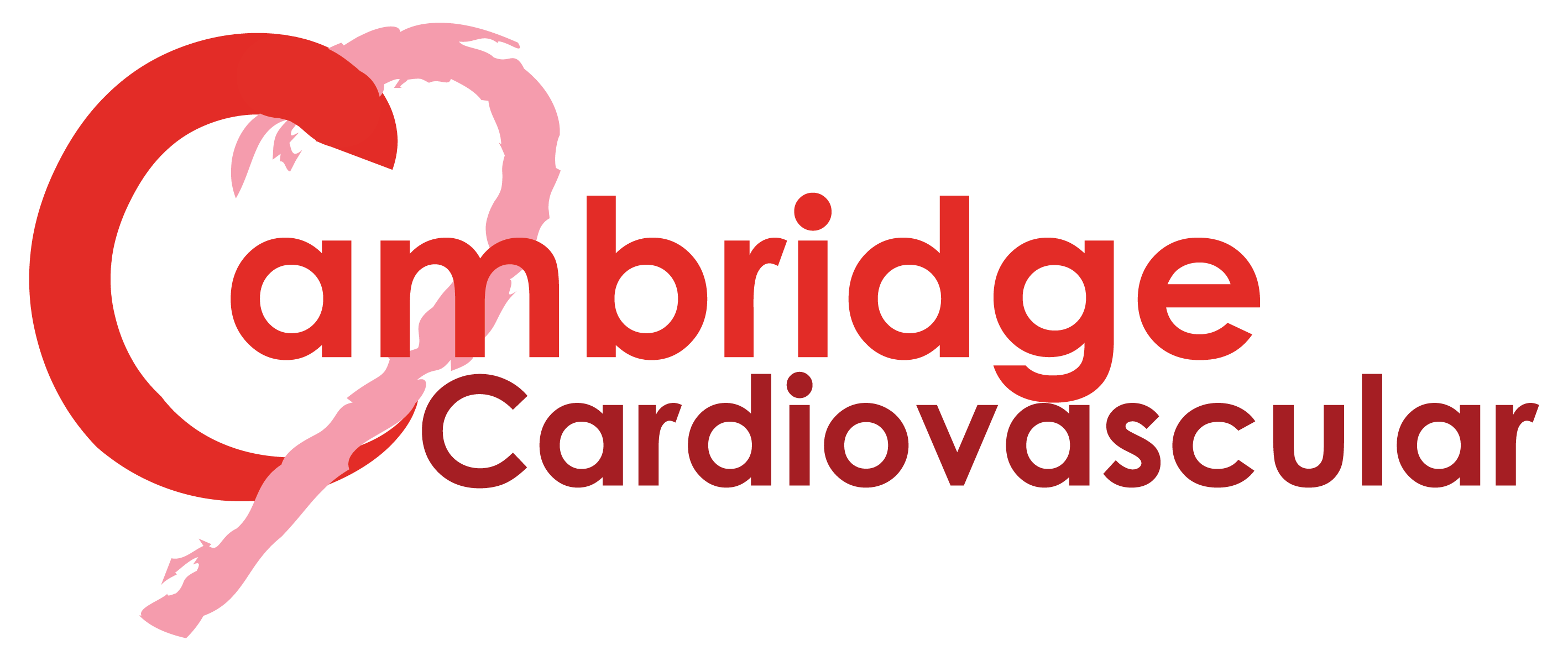
Submitted by Administrator on Thu, 02/08/2018 - 12:27
Platelets are blood cells vital in haemostasis and tissue repair. They become activated in response to tissue damage and form a blood clot called thrombus at the site of injury. This blood clot acts as a protective barrier and is a central step to stop bleeding.
Unfortunately, several cardiovascular disease conditions promote inappropriate blood clot formation. In these conditions, a subset of platelets activate for unknown reasons, leading to the creation and fusion of large blood clots that can travel elsewhere in the body and obstruct blood flow to major organs such as the brain and heart, and starve them of oxygen.
Dr Isuru Induruwa is a BHF-funded clinical PhD student supervised by Dr Elizabeth Warburton under the Department of Clinical Neurosciences. He studies the role of platelet receptor glycoprotein VI (GPVI) in stroke and thromboembolism in collaboration with Dr Stephanie Jung and Prof Richard Farndale from the Department of Biochemistry.
When blood vessels suffer injury, the damaged vessel wall exposes collagen, a large protein that provides scaffolding for many tissues. Circulating platelets bind to collagen and activate, leading to blood clot formation or thrombosis. The forming blood clot is further strengthened by fibrin, the end product of the blood clot formation process.
GPVI has been shown to bind to collagen through its active, dimeric form, which begins the signalling process needed to activate platelets and initiate blood clot formation. Dr Induruwa and colleagues have discovered that GPVI also binds to fibrin through the same collagen-binding dimeric form.
Using a flow adhesion assay, in which human blood samples are flushed over glass slides coated in collagen and fibrin, Dr Induruwa has found that fluorescently-labelled platelets in the blood bind significantly less to fibrin and form significantly smaller blood clots when GPVI-dimer is inhibited using a GPVI-specific antibody.
This is a promising discovery and Dr Induruwa is now shifting his focus onto potential clinical applications. Atrial fibrillation (AF) is one of the most common disruptions in the normal heart rhythm, and is linked with blood clot formation and stroke. Dr Induruwa and Dr Warburton are currently recruiting patients with atrial fibrillation through their collaboration with Prof Willem Ouwehand in the Department of Haematology. They will study the patients' levels of GPVI on the platelet surface, as well as how their platelets respond to collagen and fibrin.
These findings provide exciting insight into platelet biology and highlight GPVI as a potential drug target. Its therapeutic potential may not only be limited to stroke.
“Large artery blood clots in the coronary arteries are mostly due to blood vessel damage and exposed collagen” Dr Induruwa explains. “Whilst blood clots in strokes caused by atrial fibrillation are due to fibrin being the primary target for platelet activation”.
Understanding the activation mechanism of the blood clot formation is vital in providing targeted, effective treatment. The findings of Dr Induruwa and collaborators have shown GPVI as a major culprit in blood clot formation, lending itself as an attractive candidate for drug intervention.
Dr Induruwa explains: “This research suggests that GPVI-inhibition could avoid the dichotomy in the treatment of stroke between large artery stroke, treated with antiplatelets and cardioembolic stroke treated with anticoagulants”.
Dr Isuru Induruwa is a clinical PhD Fellow funded by the BHF Cambridge Centre for Cardiovascular Research Excellence. He is also an ST5 in Stroke Medicine at CUH.




